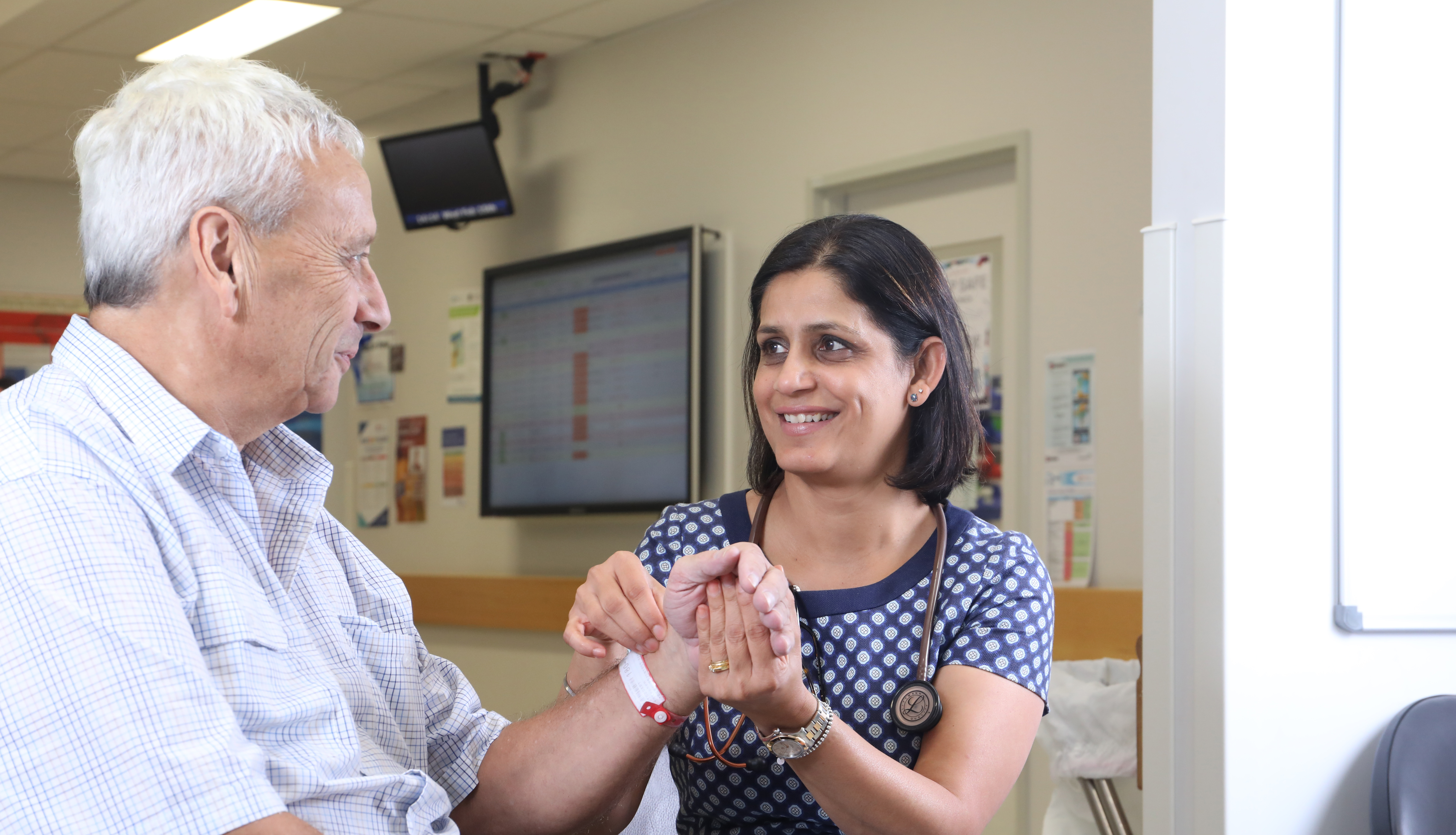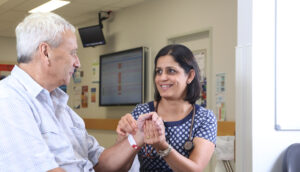
This year our new year’s resolution is to create a stronger, safer and heathier community.
2020 was a unique year, as a community we faced many great challenges, COVID-19 the most significant – causing stress, change and upheaval to most areas of our lives. The global pandemic has highlighted the vulnerabilities of members of our community with underlying health conditions – in particular, the heart and cardiovascular system.
One of the unexpected changes we have seen within our hospitals as a result of COVID has been the number of patients presenting to Emergency Departments with other conditions – it has drastically decreased and continues to yo-yo. This isn’t because members of our community aren’t experiencing medical emergencies but rather people being less inclined to utilise hospital services (even when in need!). The NSLHD (Northern Sydney Local Health District) and its hospitals across northern Sydney are here to provide high-quality healthcare services to improve your quality of life and empower you to better manage your health.
Heart disease is the leading cause of death in Australia and worldwide with 4.2 million Australians suffering from the disease.* With Royal North Shore Hospital being one of the leading sites for heart attack management, even providing programs to help educate the community, it is more evident than ever that education is key as it is important that everyone in the community is equipped with the knowledge on how to make smart choices to better manage their heart health – and it’s easier than you think! This is because heart disease is largely preventable through simple changes to our daily lifestyle.
Our cardiovascular clinicians are working harder than ever before, including the Cardiovascular Discovery Group lead by Professor Gemma Figtree, to improve the survival and wellbeing of people with heart disease. By implementing some of the recommended lifestyle changes below you can improve your heart health this year.
- Eating healthier meals:

There are many benefits of eating healthier meals, not only for your heart but also your lifestyle. For noticeable change to happen, healthy eating needs to happen over several months. Swap out processed foods for healthy fats like avocados, fish, nuts and seeds, as well as adding more leafy greens, fruits and wholegrains to your diet. Not only will these modifications help lower your blood pressure and your risks of experiencing a stroke or other heart diseases it will also help you lower your cholesterol and manage your weight.
Top tip – Make it a family commitment to eat healthier meals, together you can create new and healthy recipes that you will all enjoy. Turn it into a fun family activity when doing the grocery shopping and cooking.
- Get active:
There is no better feeling than those good endorphins pumping around your body after a good exercise session. It’s also good for your heart. Aerobic exercise such as going for a run, swim or cycling are a great way to keep you in control of your cardiovascular health and help to lower your blood pressure and cholesterol. This is because physical activity strengthens the heart. A stronger heart pumps more blood with less effort, putting less force on your arteries and lowering your blood pressure. Additionally, by moving your body regularly throughout the day, you help to manage your weight, stress and mental health – which are also factors that contribute to heart disease. With an ageing population within our NSLHD, this is very important.
Top tip – Make it fun! If you struggle to find the motivation in exercising, doing it with friends and family will help you keep each other in check and in shape! Or if you don’t have time for regular exercise, any activity that helps increase your heart rate such as gardening, mowing the lawn or mopping the floor will work as well – don’t underestimate the value of incidental exercise.
- Quit smoking:
Quitting smoking is one of the most effective changes you can implement to significantly improve your cardiovascular health. Smoking ‘triples the risk of death from heart disease and stoke’^. Studies have shown smoking clogs our arteries and inhibits the flow of oxygen-rich blood to our heart. The toxic chemicals, including carbon monoxide, inhaled through smoking have been found to significantly contribute to the development of cardiovascular disease and increasing the risk of a heart attack.
Top tip – Switch your smoke break with a stretch break! Not only is this a more efficient use of your time but also gets your body moving.
- Manage your stress:
When you experience too much stress, so does your heart, increasing your blood rate and your blood pressure. Stress can also lead to behaviours that have already been established to hinder heart health, like smoking, excessive drinking and poor eating habits. Severe stress on the heart, which can be experienced during trauma, can temporarily reduce blood flow to the arteries of the heart causing heart attack like symptoms. This is also known as broken-heart syndrome.
Top tip – Prioritise well-being or self-care time for yourself everyday, whether it be meditation, yoga, or even a walk around the block. If you are stressed and can’t remove yourself from the situation, practice deep breathing to lower the heart rate.
- Reduce your number of alcoholic drinks:
Drinking an excessive amount of alcoholic has a negative impact to your overall heart heath, it can cause high blood pressure, blood clots, stroke and even heart failure. Excessive alcohol consumption can also damage the cardiovascular system as alcohol is absorbed into the blood stream. Long term drinking can lead to a continuous increased, irregular heartbeat and weaken your heart muscle. Australian alcohol guidelines recommend adults drink no more than 10 standard drinks a week and no more than 4 standard drinks on any one day+.
Top tip – Try to set yourself a few alcohol-free days each week. Not only does this help squash any bad alcoholic habits but also gives you the time to take on heathy activities like exercise.
- Get your ZZZ’s
Everyone knows that sleep is important for a healthy lifestyle and this is particularly true for heart health. If the body does not get enough sleep, it doesn’t have enough time to recuperate – this can cause our heart rate to slow, and affects our blood pressure – increasing the risk of heart disease. Poor sleep also has a negative flow of behaviours including making poor food choices and inhibiting cognitive function.
Top tip – Try to set a bed-time routine and keepHome to a regular sleep schedule to ensure your body knows when its time to get some sleep every night.
- Visit your GP for a heart health check:

A visit to your GP for a heart health check will identify any risks factors for stroke or heart attack as well as provide guidance on managing your heart health. Your doctor may ask questions about your overall physical health pertaining to your diet, physical activity, smoking and alcohol intake, genetics and medical history. Together with your doctor, you can help lower your risk of heart disease.
Top tip – Have any questions or concerns prepared before seeing your doctor. Not only will you feel better prepared, lowering your stress, but it avoids you forgetting anything in the moment or missing any important questions. Your healthcare team are here to support you and want to address any concerns you have!
Remember our healthcare staff within the Northern Sydney Local Health District are here to help and specifically run education and workshops to assist in this area. The Cardiac Lifestyle Education Program provides informative and motivating sessions covering an extensive range of heart health topics and practical guides. The program is available to patients with a diagnosed cardiac condition and all you need is a referral to participate.
To see if you’re eligible for these programs
and for more information, please visit the official NSLHD Services Program Page
Support Us
If you would like to support one of our hospital Cardiology Departments to ensure we can continue to provide programs like this for the community or donate to further the crucial research being undertaken by the Kolling Institute Cardiovascular Discovery Group you can do so by visiting the NORTH Foundation website here.
The NORTH Foundation is the official fundraising and engagement partner for the Northern Sydney Local Health District including Royal North Shore, Ryde and Hornsby Ku-ring-gai Hospitals as well as the Kolling Institute of Medical Research.
References:


